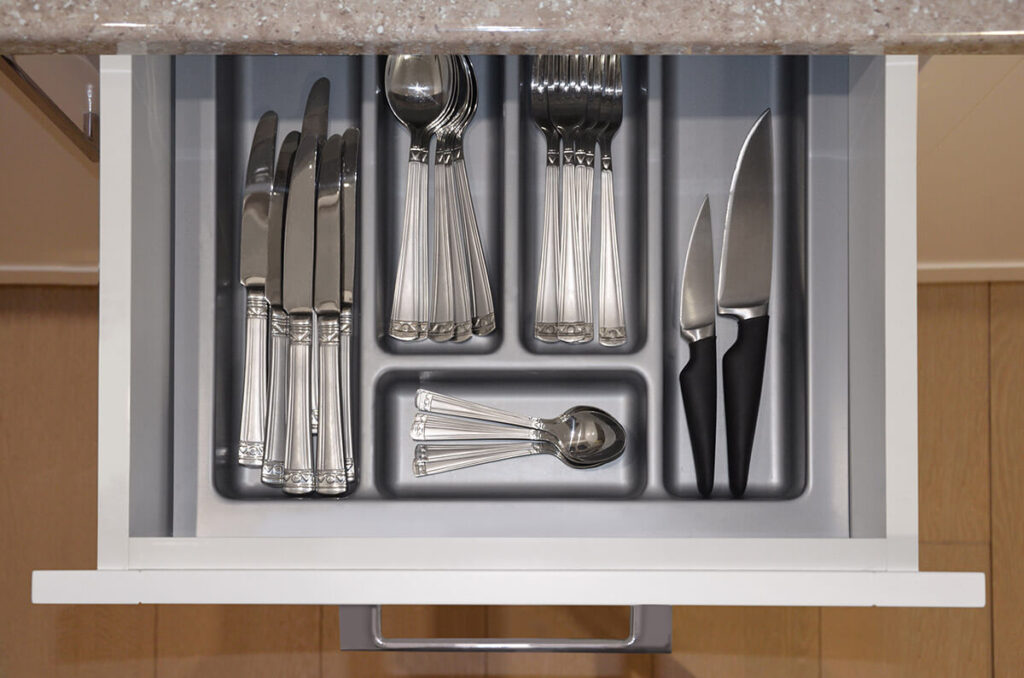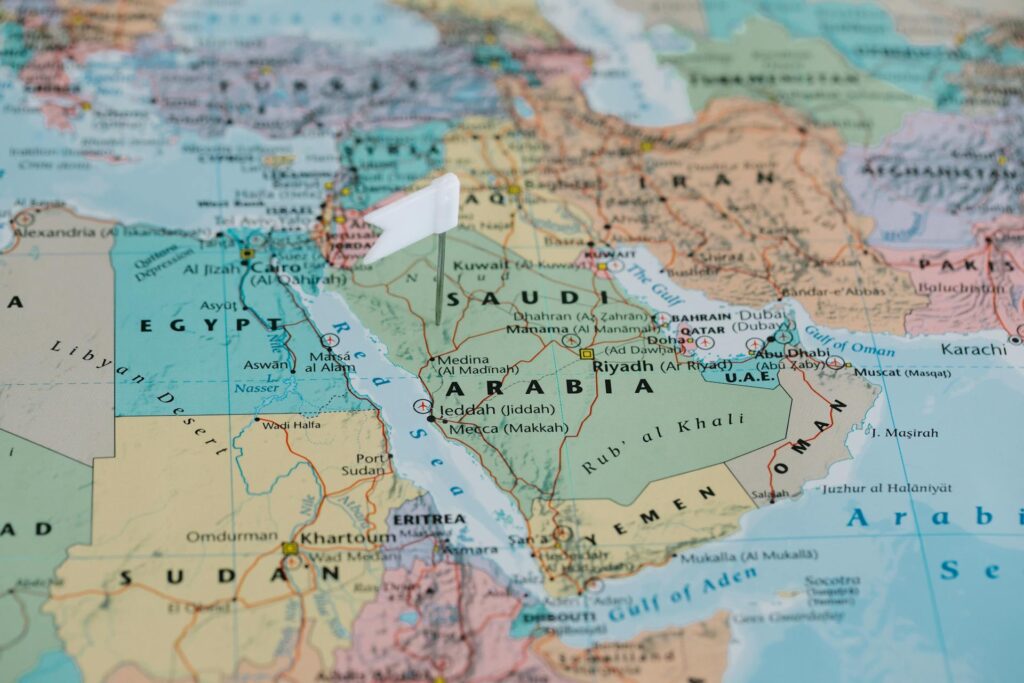“I would sooner be a foreigner in Spain than in most countries. How easy it is to make friends in Spain“, said famous British novelist George Orwell. If you want to experience the friendliness and hospitality of the Spaniards firsthand, moving to Madrid, the Spanish capital and the sunniest city in Europe, is a logical step. As one of the wealthiest and largest cities in the EU, it is a popular destination for expats looking to work or study abroad, or just start anew in a charming new setting.
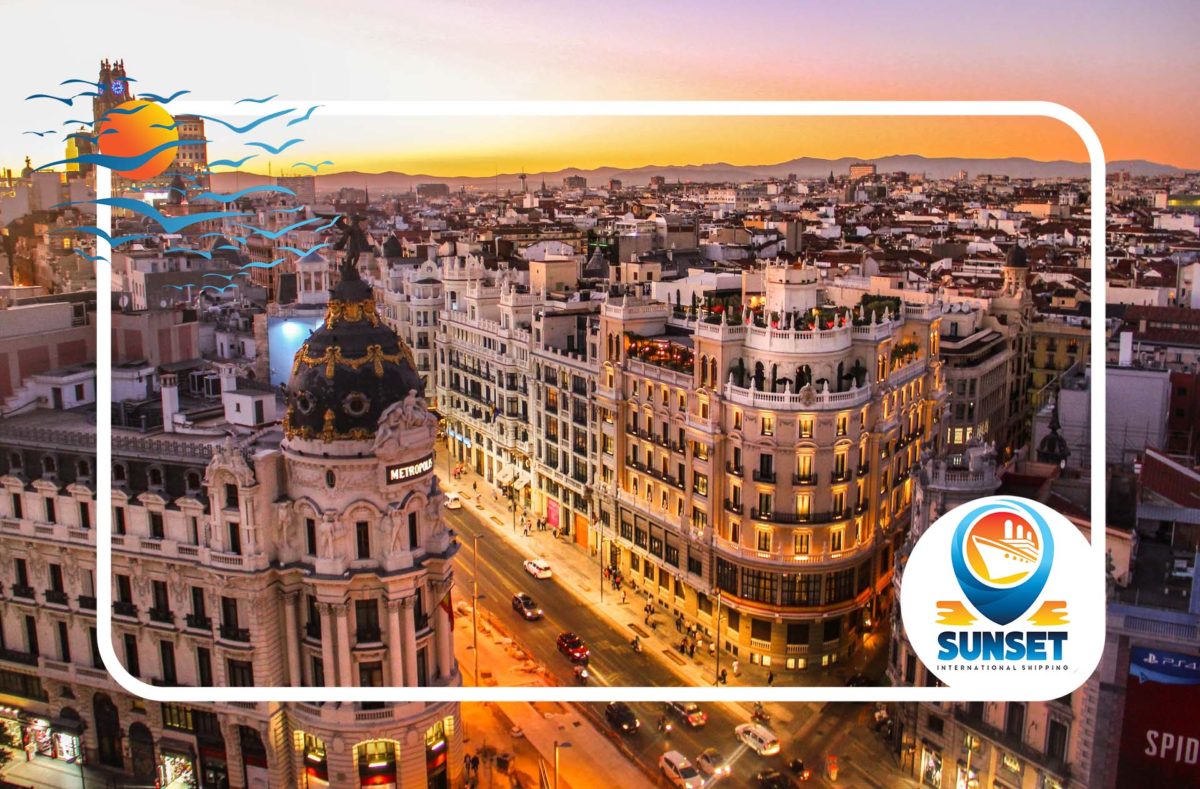

Moving to Spain, especially its capital, will bring you plenty of diverse job opportunities, a different work ethic, a task of breaking the language barrier, but also dynamic culture and friendly locals that will make you feel like you truly belong. Are you wondering what you have to do to become a part of the community? Let’s go over the necessary documents, take a look into all the ways you can find accommodation and work, as well as how to prepare for a different lifestyle.
Documents You Will Need When Moving to Madrid
When it comes to international moving, you will have to think about all the documents needed to travel abroad and obtain them before the actual trip. Every country has its own set of rules and regulations that foreigners looking to settle down permanently have to obey.
Depending on the type of visa you are applying for, there will be some specific papers you need to gather. Contact the Spanish Embassy for additional information, but no matter which visa you are applying for, you should have a valid passport.
Dealing with bureaucracy doesn’t end when you enter the country. You have to report to a provincial police station and request a residence permit as well as a foreign identification number, or Número de Identificación de Extranjeros (NIE). The NIE will serve as an ID and a tax number for the entirety of your stay. While you are in the mood for collecting documents, consider getting a new driving license, so that you can freely sit behind the wheel and cruise around your new neighborhood.
You’ll Need a Permit If You’d Like to Drive
If you are considering shipping your vehicle overseas, you should think about getting a driver’s permit that will allow you to actually enjoy your four-wheeler. Head to Provincial Traffic Headquarters to exchange your current license for a new, valid one, and just make sure you brought all the necessary papers with you:
- A valid ID that can be passport or NIE
- Filled application form
- Medical report from a recognized center such as Centro de Reconocimiento de Conductores Autorizado
- Drivers license that you want to exchange, and ensure that you have a photocopy
- Two photos
- Proof that you are not banned or suspended from driving
- Proof that you don’t have a permit in other EU country
When you are done with this process, all that is left is to take a driving test. Go over basic rules and regulations, and if you are already an experienced driver, passing a test will be a piece of cake.
Open a Bank Account
Another task that requires dealing with paperwork is opening a bank account in the country, and yes, you can do it as a foreigner. The Spanish banking system is well integrated with international financial markets, and making international transaction is pretty straightforward. Paying bills and receiving a paycheck will also take minimum effort.
When you head to the bank, make sure that you have:
- Passport or ID
- Proof of your income and your employment status
- Certificate of non-residence you can get in a police station
- Proof of your address outside of the country that can be a recent bank statement or rental contact
There are national and international banks whose client you can become. So do your research, and figure out which has the best deals and rates.
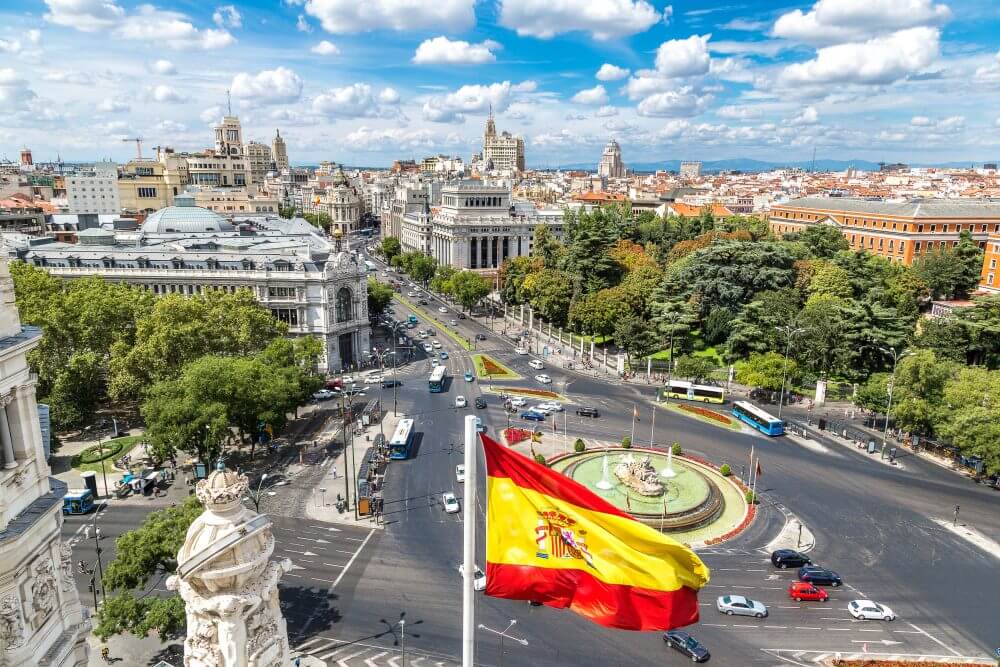

Housing Is an Important Thing to Consider
When you learn how to rent a house or apartment, you will be protecting yourself from misunderstandings and fraud. That’s why it is important to look into rules and regulations, as well as housing prices, even more so when you are moving across the world.
Check out sites like Fotocasa, Idealista, and Spainhouses when you start house hunting. You can even hire agents and agencies to help you with the search. According to data from website Numbeo, you will need around $810 for a one-bedroom apartment, while a three-bedroom flat costs around $1,300.
If you are set on becoming a homeowner, you will be happy to learn that there are no legal restrictions for you to do so. Just collect all the necessary documents, and you are all set. The price per square feet is around $320, but the prices naturally vary depending on the location. If you need to save up, consider picking some of the more affordable neighborhoods to call home or find a roommate.
Check out Neighborhoods and Find the Perfect One
The metropolis is divided into 21 districts, which are further subdivided into 131 neighborhoods. When picking the one to call home, go over housing costs, crime rates, vicinity of your office and other important institutions, and overall vibe of the place. Some of the most popular districts are:
- Malasaña is for those inspired people looking to make art in the creative heart of Madrid. The hipster vibe is strong, and it’s no wonder that it’s blooming with vegan cafes, contemporary galleries, and vintage clothing markets.
- Chueca is flamboyant, and one of the prime LGBTQ areas in Europe. There are tapa bars on every corner, and nightclubs that will inspire you to dance the night away. When you want to do some shopping, there are boutiques and shoe shops, as well as top-rated restaurants. Renting in Checa is affordable, and it won’t leave a dent in your savings.
- Lavapiés is a cool and bohemian spot, with a peculiar history. Anti-Francoists and anarchists once occupied the location, and that can be spotted in the overall vibe. Rent is a bit higher, but it makes up for it with vast entertainment options and an interesting crowd.
- Salamanca will leave you thinking you somehow woke up in London. It is exclusive, upmarket, and stylish. This posh neighborhood has plenty of fancy shops and excellent dining spots. It’s a perfect place for professionals with deep pockets that love the finer things in life.
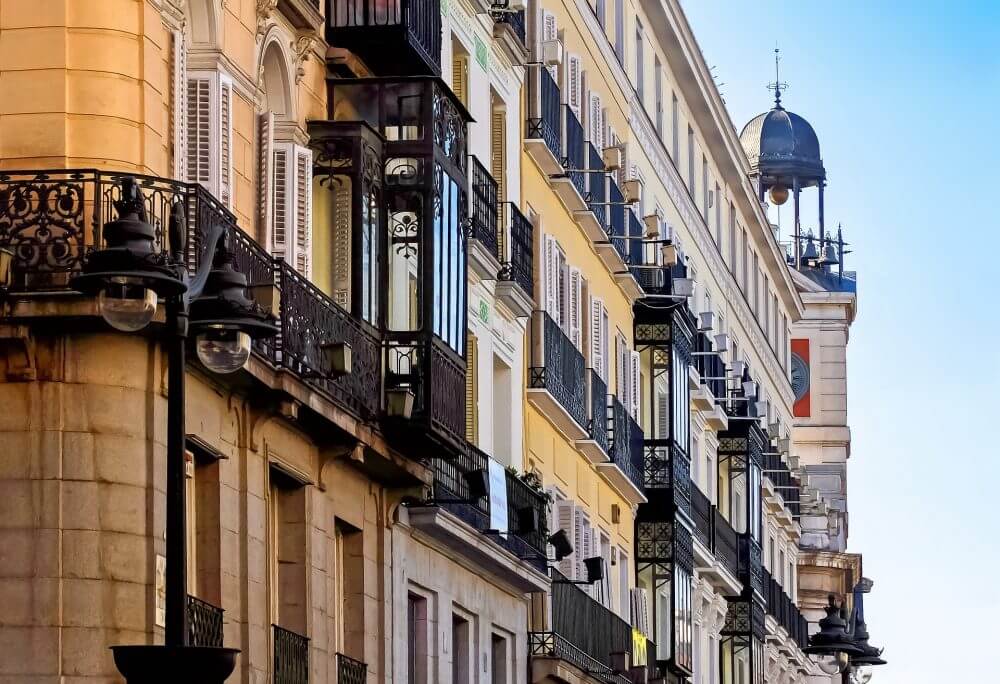

Continue Climbing the Career Ladder
Did you know that Madrid is the second industrial city in Spain? Nevertheless, the economy is becoming more and more dominated by the service sector. Besides, more than 70% of the largest companies in Spain have their headquarters in the capital.
International and multinational enterprises such as Deloitte, Mercedes Benz, IBM, Vodafone, Amadeus, and Ericsson are present in the city. Banco Santander, Telefónica, and Repsol-YPF banks are some of the leading employers.
If you are wondering how to get a job in Europe as an American, start your job hunt even before you start packing. The Internet is your friend in this process, so research the job market, and see precisely what the companies are looking for. You should know that around 17% of new contracts signed in the country are by immigrants, making it the perfect location for all who are planning international relocation.
When you land a job, just make sure you get to know your new colleagues, but also pay attention to the way people act in the office. You are not in America anymore, so you should adapt to the local work ethic.
Leave Nothing to Chance – Research Work Ethics
When working in Europe as an American, be prepared to adapt. Southern Europeans are generally more laid back people, and that reflects in the way they behave at work. Don’t let the laid back atmosphere fool you – folks here might have a mellow mindset, but it helps them reach the peak of productivity.
The relaxed approach can be seen in long lunch hours spent chatting about details, establishing new contacts, and discussing business. Who said work couldn’t be done over a tasty meal? You will also have to adapt to late office hours because businesses are open after 9 am and closed after 8 pm. Following some simple rules of work ethics will help you fit in faster, and earn a promotion or two.


Embrace a Different Lifestyle
Did you know that Spaniards have a long life expectancy? What is their secret? When you relocate to a sunny place where drinking sangria is a way of life, all of your worries tend to just fade away.
Be prepared to walk; it’s an essential everyday activity of the locals. A survey conducted by Eurobarometer shows that almost 75% of locals walk at least four days a week for ten or more minutes, and 37% bike to work.
When you adopt a laid back approach to things and start enjoying the day-to-day activities, all you have to do is start speaking the language of the locals, and nobody will even notice you’re a foreigner.
Learn a Bit of Spanish When Moving to Madrid
¿Hablas español? – residents might ask you, and if you don’t understand what it means, you should think about breaking the language barrier and learn some Spanish. After all, this is the second most spoken language in the world when it comes to the number of native speakers, and the fourth according to the number of overall speakers.
Experts say that it takes around 24 weeks to achieve proficiency in it, but there are few tips for learning a new language that might help you get there faster: talk to friends who are native speakers, listen to music and watch movies. Being immersed in the culture will speed up your learning process. In the end, when you feel confident enough, go out and try ordering food and drinks in fluent Spanish.
Enjoy Food and Drinks
This is a city with diverse and colorful diners whose offer of dishes will leave even the pickiest eaters craving for more. When you start exploring, expect to find specialties from all over the world. With more than 8,000 restaurants scattered all over the place, you can tell that locals really do enjoy their food.
Go out and try Cocido Madrileño, a traditional stew with vegetables, pork, and sausages, and while you are at it, order Huevos Rotos, traditional meat, and potatoes. You won’t be a true local until you try the famous sandwich Bocadillo de Calamares or fried squid sandwich.
Besides restaurants, remember that you will be living in a nation with more bars per capita than any other country in the EU. Take some time to explore the countless drinking establishments. Don’t miss out on sangria, mojitos, Caña, Tinto de Verano, Horchata. Just don’t overdo it, because the trip to a hospital because of excessive drinking is never fun.
Figure out How the Healthcare System Works
No matter if you are moving with kids, or you are relocating on your own, you should have a good grasp of how healthcare works. Here you will find both private and public healthcare. The public is mostly free, but there are some generic fees you have to pay at the spot. Keep in mind that many health centers and hospitals offer public and private services, so you will need to say which service you are opting for.
To be eligible for public healthcare, you have to be a legal resident, that is registered with the National Institute of Social Security or what locals call it Instituto Nacional de la Seguridad Social (INSS). Also, you should have a public health card called tarjeta sanitaria individual. If you have any doubts about how the system works, contact Sistema Nacional de Salud (SNS).
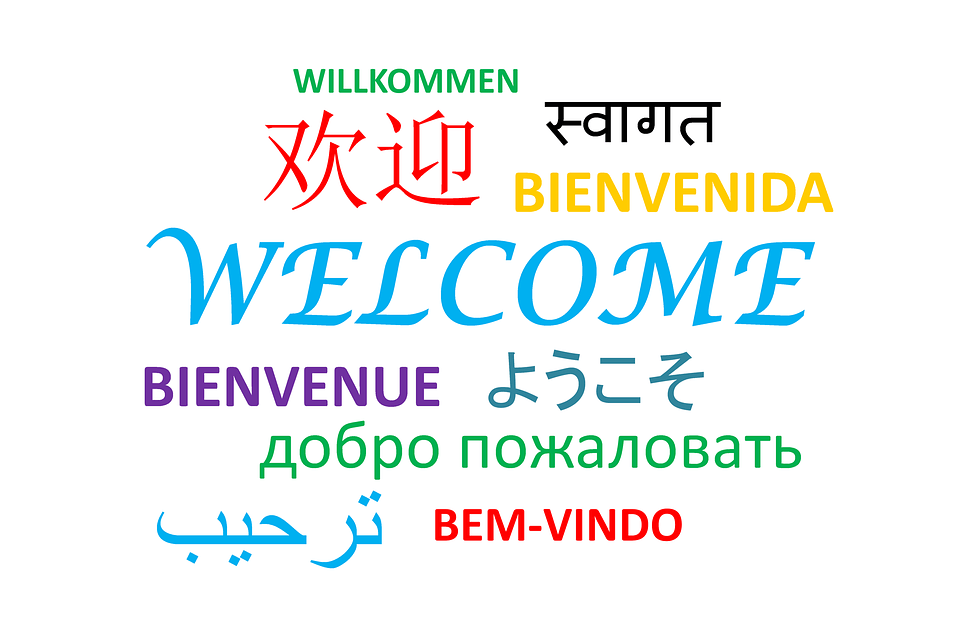

What’s Like Living in a Strange City and Experiencing More Than a Few New Things
You have a unique opportunity to learn and experience something you never did before. Starting with a rich culture and temperamental people that are very open to strangers. It’s time to let yourself enjoy: kick back and relax, have a long lunch, and an even longer walk afterward. Discover all the hidden gems of Madrid. After a while, you will feel like you truly belong and that relocation abroad was the best decision you’ve ever made.

